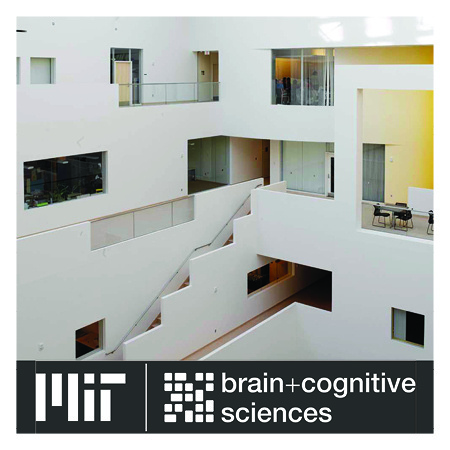
Colloquium on the Brain and Cognition with Asifa Majid
Description
Talk Title:
The limits of language
Abstract:
Why are some things relatively easy to express in language (e.g., geometric shapes) but others hard (e.g., odors)? Various explanations have been suggested for this differential ineffability (i.e., the impossibility of putting phenomena into words). Perhaps it is due to something fundamental about the cognitive architecture of our mind~brains. The ease of naming visual as opposed olfactory entities, for example, has been attributed the amount brain area devoted to processing each sensory modality. Accordingly, there appear to be asymmetries in our ability to represent sensory information—studies show people generally report vivid visual and auditory imagery, for example, but only weak smell and taste imagery. Based on fieldwork and laboratory studies, I illustrate how differential expressibility across the senses reflects cultural, not just cognitive biases. Things that elude description in English are nevertheless easily conveyed in other languages, highlighting the role culture and experience play in understanding the nature and limits of language and cognition.
Bio:
Asifa Majid is Professor of Cognitive Science at the University of Oxford. An alum of the University of Glasgow and University of Edinburgh in Scotland, Majid spent 17 years in the Netherlands, first at the Max Planck Institute for Psycholinguistics and then at Radboud University, before returning to the UK. She serves on various international reviewing and editorial boards (including the Board of Reviewing Editors for Science) and has been awarded various prizes for her work which straddles the boundaries of psychology, linguistics, and anthropology; e.g., the Ammodo KNAW Award (a joint initiative of the Ammodo Foundation and the Royal Netherlands Academy of Arts and Sciences), the Radboud Science Award, awarded for the “best, most important, and most stimulating scientific research”; and the Drongo Science Live Award for public engagement at the biggest Language Festival in the Netherlands. She is an elected Fellow of the Cognitive Science Society and Fellow of the Association for Psychological Science, as well as elected member of The Academy of Europe.
Zoom: https://mit.zoom.us/j/94213021380
Followed by a reception with food and drink

